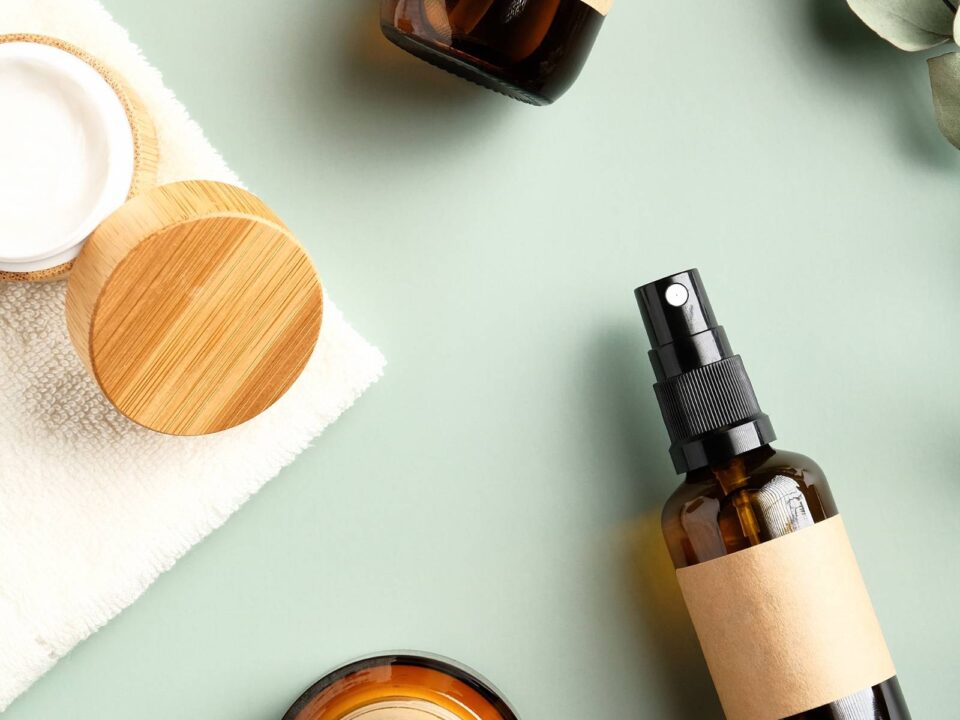Cosmetic Testing in India: Ensuring Product Safety and Efficacy

The Art of Cosmetic Packaging: Aesthetics and Functionality
November 7, 2023
The Pioneers of Punctuality: Bio Atoms Consistent On-Time Delivery Record
November 7, 2023Cosmetics have been a part of human culture for centuries. From ancient civilizations using natural substances like beeswax and plant extracts to today’s sophisticated formulations, cosmetics have come a long way. However, regardless of their historical significance, cosmetics must meet specific safety and efficacy standards before they reach the market.
This is where cosmetic testing plays a vital role. In India, as in many other countries, cosmetic testing ensures that the products consumers apply to their skin, hair, and nails are safe, effective, and compliant with regulatory standards. In this blog, we’ll delve into the world of cosmetic testing in India, exploring its importance, the types of tests conducted, and the regulations that guide the process.
Why Cosmetic Testing Is Essential
Cosmetic testing is essential for several reasons:
1. Consumer Safety: The safety of consumers is paramount. Testing helps identify potential hazards and allergens that could lead to adverse reactions, skin irritations, or other health concerns.
2. Product Efficacy: Beyond safety, testing ensures that cosmetic products perform as claimed. If a moisturizer promises to hydrate the skin, tests confirm its moisturizing properties. This builds trust with consumers.
3. Compliance with Regulations: Regulatory bodies set stringent standards for cosmetics. Testing is crucial to ensuring that products comply with these regulations, preventing legal issues and product recalls.
4. Product Quality: Consistency is key in the cosmetic industry. Testing helps maintain the quality of products from one batch to another, meeting the brand’s reputation and consumer expectations.
Types of Cosmetic Testing
Cosmetic testing covers a wide range of evaluations, including:
1. Safety Testing: This involves assessing the safety of ingredients used in cosmetics, as well as the finished products. Common safety tests include skin irritation tests, eye irritation tests, and sensitization tests.
2. Microbiological Testing: To prevent microbial contamination and ensure product stability, microbiological testing is conducted. It checks for the presence of bacteria, yeast, mold, and other microorganisms.
3. Stability Testing: Cosmetic products must maintain their quality over time. Stability testing evaluates a product’s stability under various conditions like temperature, humidity, and light exposure.
4. Efficacy Testing: These tests confirm that products perform as advertised. For example, an anti-aging cream would undergo testing to determine its effectiveness in reducing fine lines and wrinkles.
5. Challenge Testing: Challenge tests assess how well a product can withstand contamination under extreme conditions. This is especially important for products with natural ingredients.
6. Packaging Compatibility: Packaging plays a crucial role in product preservation. Testing ensures that the packaging material doesn’t react with the product and affect its quality.
Cosmetic Testing Regulations in India
In India, cosmetic products are regulated by the Drug Controller General of India (DCGI) under the Drugs and Cosmetics Act, 1940. All cosmetics must be registered with the Central Drugs Standard Control Organization (CDSCO) before they can be imported or manufactured in the country. The Act outlines the requirements for product safety, labeling, and compliance with Good Manufacturing Practices (GMP).
The Bureau of Indian Standards (BIS) sets guidelines for product specifications, and the Food Safety and Standards Authority of India (FSSAI) oversees cosmetic regulations as they pertain to ingredients and labeling.
While there are no specific cosmetic testing standards laid down in the Drugs and Cosmetics Act, the regulations empower the DCGI to specify the type of tests required. The Bureau of Indian Standards (BIS) has also been working on formulating Indian standards for cosmetics.
The Growing Importance of Cosmetic Testing
In recent years, the cosmetics industry in India has witnessed significant growth. Consumers are becoming more discerning, seeking products that not only enhance their beauty but also align with their values – including sustainability and safety. As a result, the demand for cosmetic testing has surged.
Additionally, the emergence of newer technologies and formulations in cosmetics has brought new challenges. These innovations need thorough testing to ensure they are both effective and safe. Brands must adapt to meet these challenges and remain competitive.
Conclusion
Cosmetic testing in India is the backbone of product safety and efficacy. It’s essential for ensuring that cosmetics meet regulatory standards, perform as claimed, and are safe for consumers. In an industry marked by constant innovation and evolving consumer preferences, cosmetic testing will only grow in importance.
At BioAtoms, we understand the significance of cosmetic testing. It’s an integral part of our commitment to quality, safety, and efficacy. As a leading private label and third-party cosmetic manufacturer in India, we take pride in delivering products that not only meet regulatory requirements but also exceed consumer expectations. Contact us to learn more about our approach to cosmetic manufacturing and testing.





